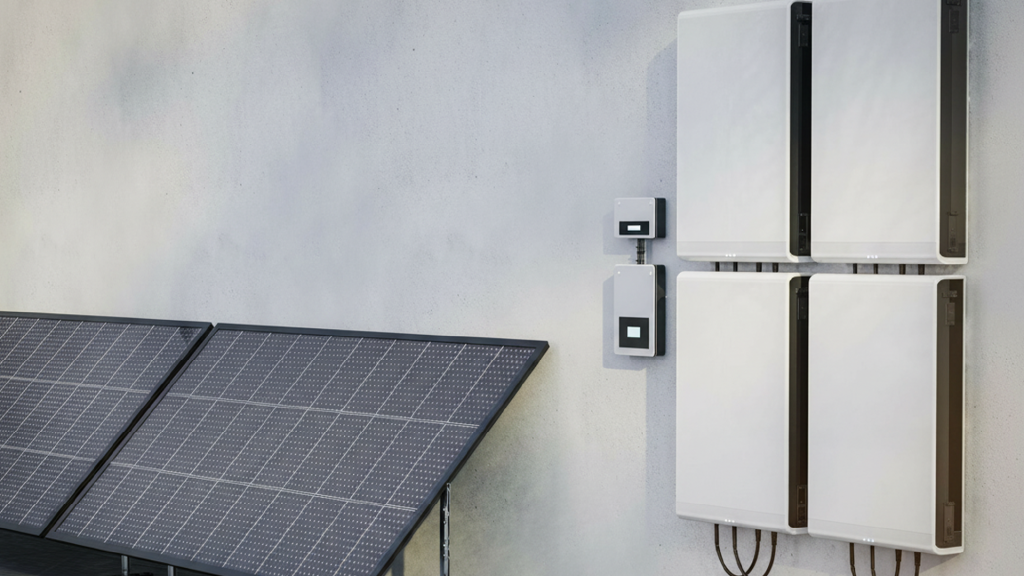There are heaps of benefits that solar energy has for the environment. From reducing the amount of greenhouse gases released into the air, to reducing pollution levels and helping to keep rivers and streams clean, solar energy is one of the best options for our planet and the greenest way to power your home.
Below are some of the key ways that going solar helps to benefit the environment:
Reduces gas emissions
Burning fossil fuels, such as coal, leads to huge amounts of pollution being released into the atmosphere. Carbon dioxide is one of the main gases released and a key contributor to global warming. It is considered one of the key reasons global warming is accelerating at such a pace and efforts to reduce our carbon footprint as a society need to be made in order for the pace of global warming to slow down.
Methane is another harmful gas which the burning of fossil fuels and petroleum can contribute to. It lingers in the atmosphere in the same way as carbon dioxide but traps excess heat and radiation. Through this, it is a huge contributor to climate change. Global warming then increases the chance of natural disasters, makes diseases spread more easily and can lead to increased droughts and famines.
As solar energy relies on taking sunlight and converting it to energy, it reduces our reliance on the grid for electricity. The electricity we use from the grid is made from burning fossil fuels. Shifting to using solar power has huge benefits to the environment when compared to using traditional fossil fuels as solar panels use renewable energy from the sun. As a natural, plentiful and renewable source of energy, solar panels provide an environmentally friendly alternative.
Air pollution
The burning of fossil fuels leads to a lot of nasty gases being released into the air and polluting it. People who are exposed to breathing in this polluted air daily have a much higher chance of getting certain lung diseases which can sometimes be fatal.
This level of pollution can have a dangerous impact on both your lungs and vision – leading people exposed to high levels of it having long-term sight and breathing problems.
In comparison, solar energy has no impact on air pollution levels making it a much safer choice for the environment. No gases are emitted when solar energy is being converted and the use of them reduces the amount of fossil fuels being burnt – helping to reduce air pollution levels in general overtime.
Water use
Hydropower is one of the other most popular renewable energy sources after solar energy. While it isn’t as harmful to the environment as burning traditional fossil fuels, it is reliant on rivers and natural bodies of water. Due to this it can contribute to causing harm to natural ecosystems and limit people’s water access.
Solar panels have no impact on water usage at all. They don’t require washing or cleaning as they can be cleaned sufficiently by rain. Their use does not pollute the ground, air or rivers, making them one of the most environmentally friendly power sources.
Conclusion
The environmental impact of solar energy is going to be huge for our planet and useful to slow down environmental crisis’s like global warming. By making the switch to using solar energy over traditional fossil fuels you’ll be able to slow down the pace at which climate change is affecting our planet and help to preserve it for the future.




